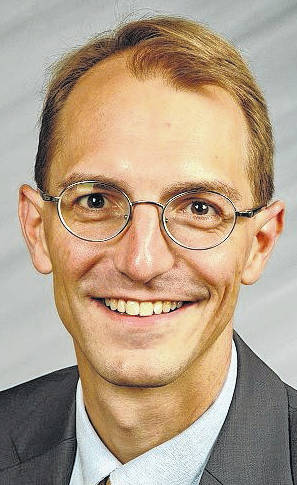
“True peace is not merely the absence of tension: it is the presence of justice.”
— Martin Luther King, Jr.
“Congress shall make no law … abridging the right of the people peaceably to assemble, and to petition the Government for a redress of grievances.”
— First Amendment
On March 28, 1968, the Rev. Martin Luther King, Jr. travelled to Memphis, Tennessee, to march in support of a strike of city sanitation workers that had begun some six weeks earlier. Throughout his life of advocacy, King had stood for the principles of non-violent disobedience. At the front of the march, where King was walking, things were peaceful and orderly. But elsewhere in town, shop windows were broken along the march route.
Walter L. Bailey, Jr., an attorney for the NAACP, recently reminisced about King’s resolve to return to Memphis for a second march. “He was a very unassuming, demure kind of person,” Bailey said, “but he was a strong advocate for his beliefs. He pledged he would return and demonstrate to the world, under the principles of Gandhi, that he could have a nonviolent peaceful demonstration.”
City leaders in Memphis did not want a second march, however. As if we needed proof of how little things have changed in the four decades since, a curfew had been instituted for the weekend following the first march, and the National Guard had been called in to keep order. Henry Loeb, then serving as mayor of Memphis, called for the imposition of martial law, and asked the city attorney’s office to research ways that he could prevent a second march from happening.
Arguments were held before federal judge Bailey Brown on April 4, 1968, with the city asking that the federal court issue a temporary injunction barring another march. The lawyers for the NAACP and the ACLU had met with King in his room at the Lorraine Motel the day before and come to the conclusion that the Rev. Andrew Young, who would later serve in Congress, as ambassador to the U.N., and as mayor of Atlanta, should testify in court instead of King.
King left the meeting and went to Memphis’ Masonic Temple where he would deliver his famous “I’ve Been to the Mountaintop” speech before a packed crowd. And while that speech is remembered today for King’s moving passion and for its eerie premonition of his death, he was clearly also thinking of the court hearing the following day when he said, “Somewhere I read of the freedom of assembly. Somewhere I read of the freedom of speech. Somewhere I read of the freedom of press. Somewhere I read that the greatness of America is the right to protest for rights. And so just as I said, we aren’t going to let dogs or water hoses turn us around. We aren’t going to let any injunction turn us around. We are going on.”
Attorneys for the city argued that a second march posed a “clear and present danger” to the city of Memphis, to the marchers, and even argued that such a march would be a danger to Dr. King, himself. Attorneys for the NAACP argued that their right to march was protected absolutely by the First Amendment, and that banning the march might actually pose a greater threat to the city than allowing it to go forward, with Young testifying that the city was a “pressure cooker” that needed a release valve.
Judge Bailey quickly ruled that he would not grant any injunction. The marchers had a First Amendment right to go forward — though he would sign an order setting certain safety conditions on the march itself. The lawyers left the federal courthouse and returned to the Lorraine Motel at 5:45 to share the good news with Dr. King. The conversation about the hearing took just a few minutes. King then turned to his friend, the jazz saxophonist Ben Branch, who was scheduled to play at an event later that evening. “Ben, make sure you play “Take My Hand, Precious Lord” in the meeting tonight. Play it real pretty,” he said, and then he stepped out onto the balcony of the hotel.
They were the last words that Dr. King would ever speak, as an assassin was laying in wait. King’s widow, Coretta, vowed to continue her support of the sanitation strike, and just four days after her husband’s death, she led 42,000 people in a peaceful and completely silent march, after which she said, “Those of us who believe in what Martin Luther King stood for, I would challenge you to see that his spirit never dies.”


